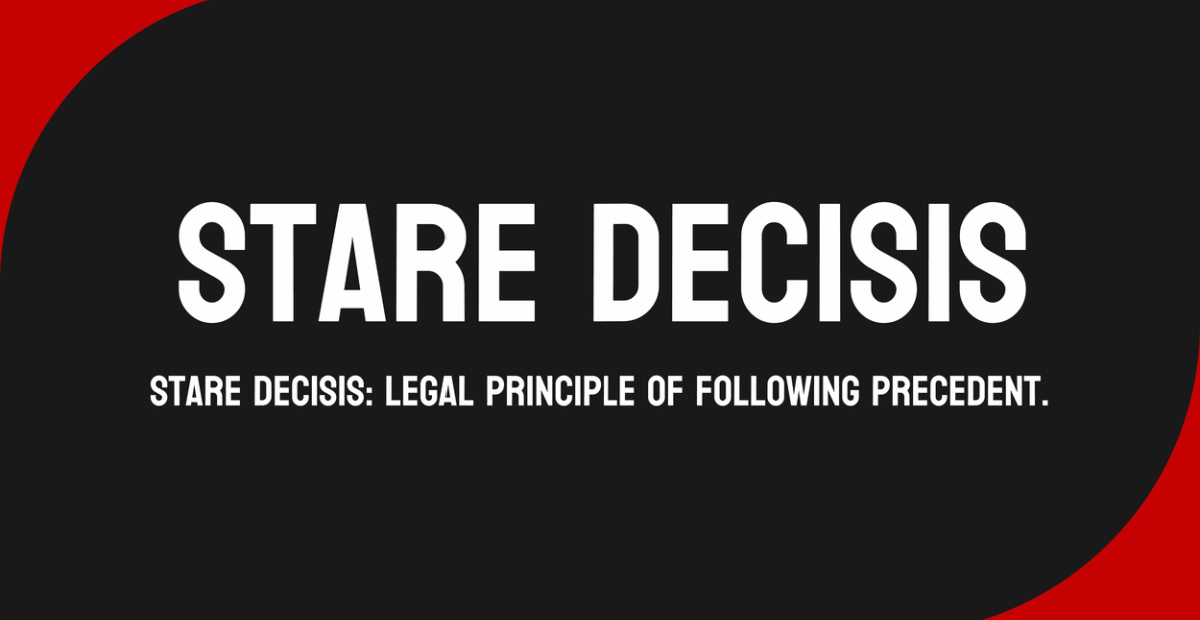AFCA warned – ‘don’t act contrary to legal principles’

The Australian Financial Complaints Authority (AFCA) has been warned that it will be acting contrary to law if it seeks to hold member companies entirely legally liable for damage also done by third parties.
What is more, stockbrokers have warned that AFCA’s proposals may end up shifting the recovery costs in disputes to member companies.
The warning has come amid concerns by stockbrokers that an AFCA draft approach paper relating to compensation in complaints involving financial advisers and managed investment schemes might give AFCA the power to apportion entire blame to a company even if other entities also contributed to a problem.
The Stockbrokers and Investments Advisers Association (SIAA) has declared that it will not be fair for AFCA to refuse to apportion liability in such cases.
Further, the SIAA has argued that what AFCA is proposing would run “contrary to established legal principles”.
“AFCA is a retail complaints resolution service that has a limited number of members. Unlike the court system, only AFCA members can be parties to a complaint. There is considerable potential for claims to be brought against an AFCA member where another non-AFCA member should be a party to the complaint but cannot be included due to AFCA’s limited jurisdiction,” it said.
“If a claim is apportionable, we consider that it is contrary to established legal principles to assign liability for the whole of the quantum of the complaint to one party (in effect ascribing joint and several liability for the whole of the quantum of the complaint on the AFCA member). The Approach Paper would be taking an approach contrary to established legal principles by effectively excluding a statutory defence available to AFCA members, in circumstances where, if court proceedings were to be commenced, the AFCA member would be entitled to rely on the defence.”
“Further, SIAA submits that a refusal to apportion liability can give rise to considerable unfairness for the AFCA member. For example, where an AFCA member is assigned liability for the whole of an apportionable claim, they may take steps to recover the apportioned amount from the third party, through court proceedings or otherwise, depending on the quantum. Evidence of the complainant would be required in those proceedings, and this may not be willingly provided if the AFCA proceedings are acrimonious. This would increase the costs of recovery for the AFCA member and may in fact impair their ability to bring the case at all.”
“By refusing to apportion liability between the AFCA member and the third party, AFCA is essentially shifting recovery costs to the AFCA member, even in cases where the primary cause of action is between the complainant and the third party and the evidence of the complainant is a crucial part of establishing the third party’s liability,” the SIAA submission said.











My understanding is that a licensee has to be a member of a dispute resolution scheme (DRS). Why does the FAAA and other professional bodies not form their own DRS? Ppl would leave AFCA in droves.
I’m sure there’s more to it than that but the lack of recourse to public servant prognostications in disputes who have never advised a single client is a highly flawed model and at times grossly unfair to members of the DRS.
AFCA is a kangaroo court operating with zero legal principles and without natural justice. A Canberra bureaucratic shame designed to cover ASICs useless butt.
Let’s be clear here, DIXONs fiasco was caused by Dodgy, vertically owned MIS.
ASIC registered those dodgy MIS and allowed them to fester for a decade.
ASIC even let Dixon list on ASX with years of knowledge of these MIS disaster.
But hey it’s always Advisers fault so let’s blame them in full and get them to pay.
ASIC, how much will you be paying of the Compo ? = NIL
ASIC is anyone in your useless organisation going to be fined, banned, disqualified or forced to pay ? = NO
Maybe we could set up a class action?
Yeah we can sue ASIC and when we win, we can fund the compensation to ourselves via an increase in the ASIC levy. lol
What I can’t understand is how you can set up a CSLR and then retrospectively apply these rulings to past events, prior to the CSLR.